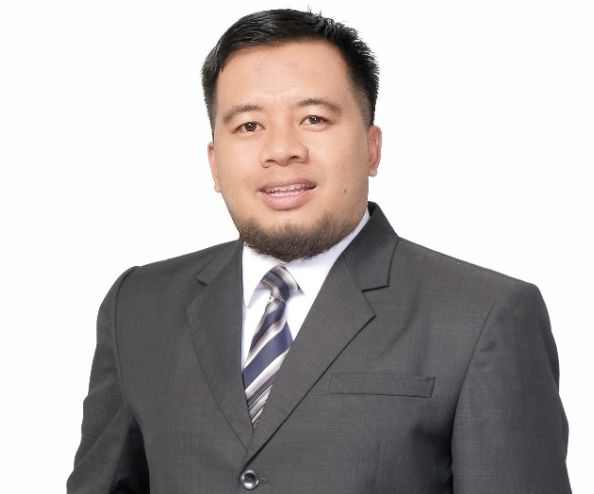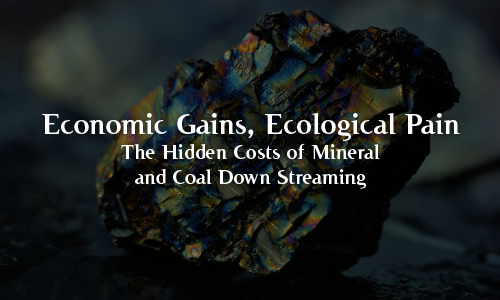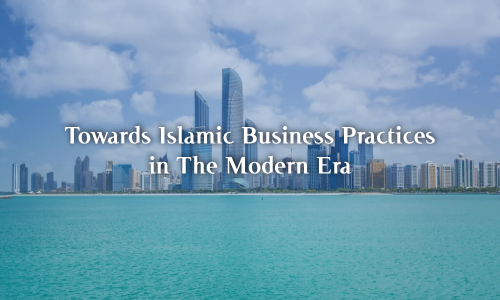
Calling, Cash, and Conscience: Rewiring Indonesia’s World of Work
Summary: This article explores “halal livelihood” in Indonesia by fusing Islamic ethics of al-kasb (lawful, responsible earning for the common good) with Weber’s notion of Beruf (work as a disciplined calling). Using Indonesia’s 2025 labor snapshot, open unemployment at 4.76%, 153 million in the labor force, 145.8 million employed, average wages around Rp3.09 million, and a 6.5% rise in minimum wages, we diagnose four structural pain points that block dignified, lawful livelihoods: (1) high informality (≈59.4%) with weak contracts, safety, and social protection; (2) stubborn gender gaps as women’s participation hovers in the low-50s, amplified by unpaid care burdens; (3) fragile youth transitions marked by ~13% youth unemployment and ~21% NEET; and (4) twin pressures of de-industrialization and gig-economy precarity, where long hours meet unstable earnings. We translate values into action through six pillars: living wages and pay transparency; universal worker protection (formal and informal); demand-driven skills and paid apprenticeships; fair, inclusive gig-economy rules; labor-intensive, high-value reindustrialization; and safe, productive labor migration. A practical dashboard, tracking unemployment (overall/youth), informality and coverage, women’s participation, wage–productivity alignment, gig earnings, and placement rates, anchors accountability. The core claim: halal livelihood is not a slogan but a policy playbook to align moral purpose, worker dignity, and national productivity.
Introduction
Imagine working 10–12 hours a day and still worrying whether tomorrow’s needs will be met. For many Indonesian workers today, that anxiety is real. Earning a living isn’t just about money, moral and spiritual values are involved, too. In the Islamic perspective, the concept of halal income emphasizes that sustenance must be obtained in a lawful, ethical way that brings blessing. On the other hand, challenges such as unemployment, the dominance of informal work, gender gaps, and the rise of the modern gig economy make the pursuit of “halal livelihood”, a dignified, lawful livelihood, far from simple.
In 2025, Indonesia’s macro numbers look fairly optimistic at first glance. The open unemployment rate sits at around 4.76% (as of February 2025), with a labor force of roughly 153 million people and about 145.8 million employed. Average monthly wages…

















